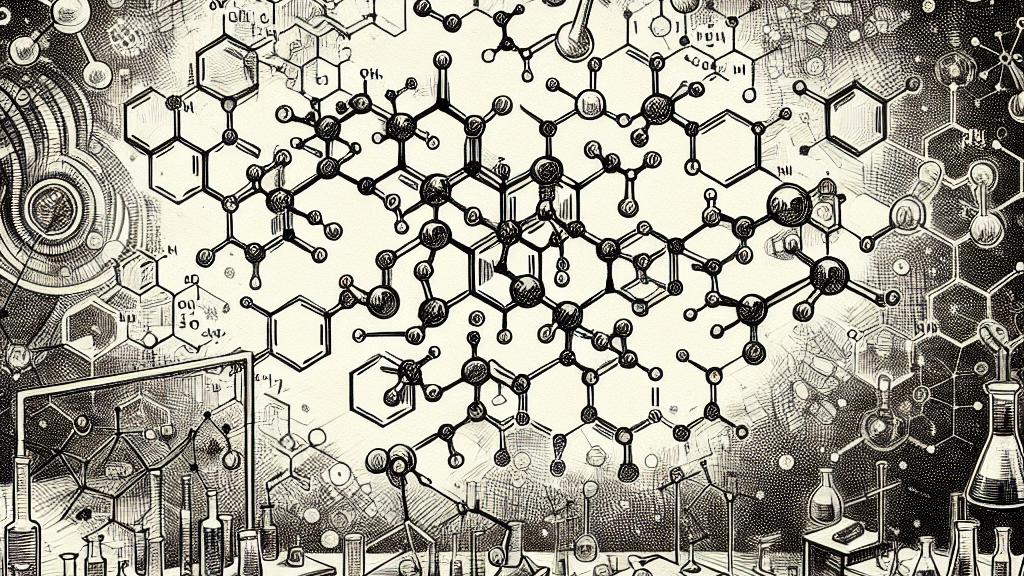New Method Makes It Easier to Create Useful Chemicals from Alcohol
Overview
- A groundbreaking protocol enhances the synthesis of complex alcohol-based compounds.
- Research by the Chinese Academy of Sciences reveals remarkable advances in chemical processes.
- This innovative method could dramatically accelerate the development of essential pharmaceuticals.

The Indispensable Role of Alcohol in Chemistry
Alcohols are more than mere compounds; they serve as the foundation for a myriad of natural products and are vital components in many critical medications. Recently, scientists at the Chinese Academy of Sciences unveiled an exciting new protocol designed to simplify the creation of these alcohol-rich compounds. This breakthrough is significant because a more streamlined process not only saves valuable time but also empowers researchers to respond swiftly to urgent health challenges, such as viral outbreaks and emerging diseases.
Cutting-Edge Catalysis Techniques That Stand Out
What truly separates this new method from traditional approaches is the clever use of a nickel-catalyzed reaction combined with a specially engineered bulky β-diketone ligand. This ingenious ligand not only speeds up the reaction rate but also curbs side reactions that often complicate chemical processes. For instance, during experimental trials, this innovative method achieved a remarkable yield of 88%. Imagine processes that previously took hours now completing in a matter of minutes! Such efficiency conserves resources and represents a leap forward in the realm of synthetic chemistry.
Expansive Applications and a Promising Future
The versatility of this new protocol is truly impressive. It can cater to a wide range of substrates, making it adaptable for various fields—from groundbreaking pharmaceuticals to advanced petrochemical products. Consider, for instance, how swiftly new antiviral drugs could be developed in response to health crises; by enhancing our ability to create effective treatments, this method stands poised to change the landscape of medical emergencies dramatically. Ultimately, this isn’t just a technical achievement. It signifies a profound shift in our scientific approach, promising not only faster but also more effective solutions to pressing global challenges.

Loading...